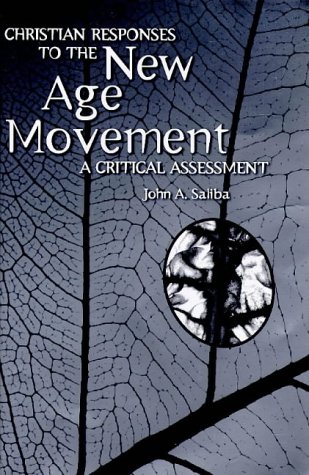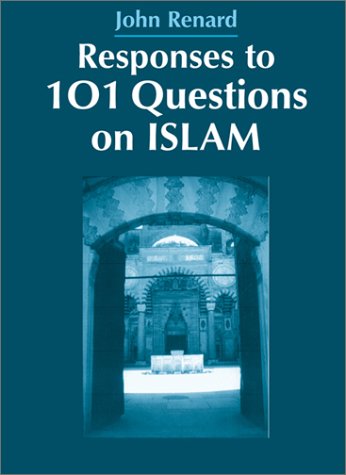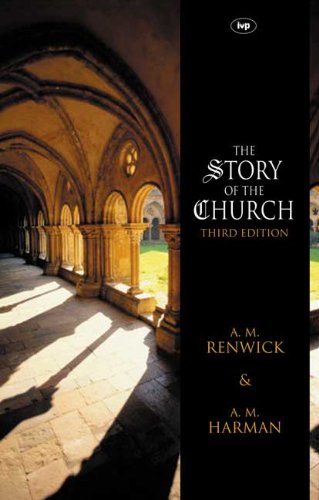Where Shall Wisdom Be Found? Wisdom in the Bible, the Church and the Contemporary World
Written by Stephen C. Barton (ed.) Reviewed By Stephen N. WilliamsThis is a multi-author volume of twenty-five essays, arising from a series of seminars and lectures sponsored by the Durham Centre for Theological Research. The first part deals with ‘Wisdom in Israel and the Church’, the second ‘Wisdom in Contemporary Philosophy, Theology and Ethics’, so it is a theologically inter-disciplinary collection. ‘Wisdom’ is treated sometimes more strictly, sometimes more loosely, so that we can have papers on Sirach and on Qumran, on the one hand, and on ‘Premodern Marriage in Postmodern Times’, on the other. This means that the volume is unified largely by ethos and even this will probably only vaguely unify unless one reads it in one sitting or in large chunks. These remarks are not to be taken as critical for three reasons. Firstly, the collection aspires to a broad exploration. Secondly, it is the reader’s responsibility to concentrate on the content of the individual essays. Thirdly, the enterprise is informed by sobriety of concern and the quest for meaningful wisdom; it is not typically an exercise in academic self-indulgence.
In a collection of this kind, it is almost inevitable that the papers come in the strong, the weak and the mediocre variety. It seems unfair to highlight certain papers at the expense of others, which in this instance will tempt to unhelpful subjectivism One must therefore report. The first part includes eight essays on biblical materials or materials from biblical times, followed by four pieces in historical theology. The second part is harder to characterise, taking in themes in philosophy, doctrine, social science, theological education, and ethics. We have a strong line-up of authors, including Christopher Rowland. James Dunn, Richard Hays, Denys Turner, Mary Midgley, Colin Gunton and Adrian Thatcher, and people equally worthy of mention have been omitted from this selection. The essayists do not interact, with the result that interesting differences and questions emerge unaddressed. One might suppose, for example, that the Wisdom of Paul, portrayed by Richard Hays in an essay on 1 Corinthians, constitutes a critique of the connection between Wisdom and Natural Law in the ‘Christian Feminist Enquiry’ offered by Susan Parsons. Carol Harrison’s essay, following that of Hays, makes one wonder whether her subject, Augustine, followed Paul in viewing Christ as the mediator of Wisdom but diverged by not viewing him as its essential content. Finally, in a twist at the end of the tale, Colin Crowder, investigating Wittgenstein and Kierkegaard, consciously puts a question mark—or, at least, announces the possibility of a caveat—against an excessively positive approach to Wisdom as typified or presupposed in many previous contributions.
Two things are especially welcome about these essays. Firstly, they cumulatively evince a worry about an academic enterprise which yields nothing in the way of practical wisdom and one senses more authenticity than posturing in this respect. Secondly, they indicate resources for actually forming us in wisdom and the contributors are not paralysed by the twin contemporary spectres of vast accumulation and wide fragmentation of knowledge. Of course, wisdom it not yet power, and the identification of resources is not the same as their effective use. But we are directed by many of the essays to ask the question, upon their completion: where shall power be found? This is a healthy result.
Stephen N. Williams
Stephen Williams is professor of systematic theology at Union Theological College in Belfast, Northern Ireland, and served as general editor of Themelios from 1995 to 1999.







